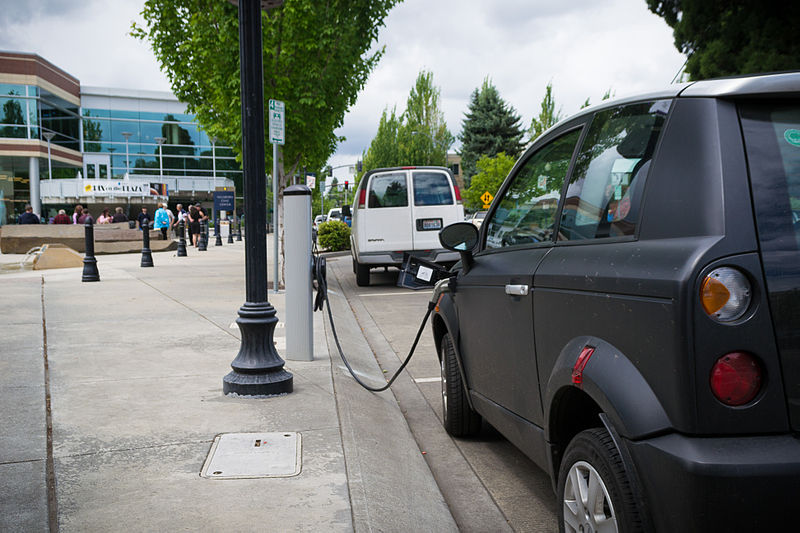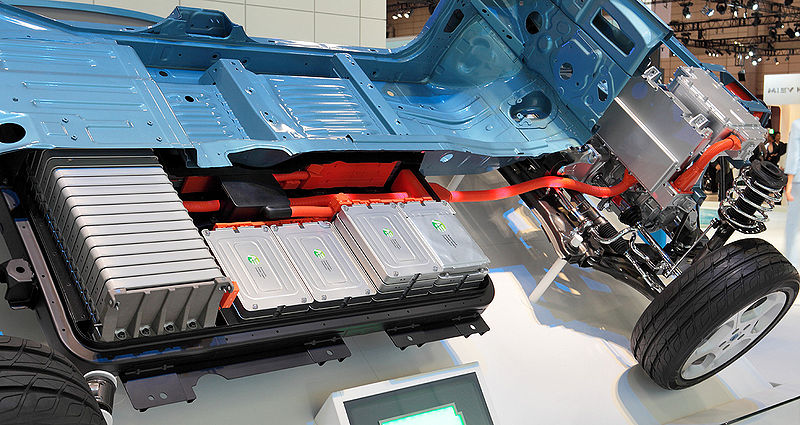Why Electric Cars Aren’t As Good As They Seem? 7 Simple Reasons

The development of the automotive industry and related services makes our life much easier. What does it mean? For example, now you can easily find a Florida car rental for your trip to Miami or Orlando. You don’t need to go somewhere for this – you just need to use the car rental application. At the same time, the fleet of car rental companies today includes not only conventional vehicles but hybrids and even electric cars.
So, this speaks of the inevitability of technological progress. However, is it really good for our future? Let’s focus on electric vehicles to answer this question.
When people talk about electric cars, you often hear how great they are, and how soon they will replace all non-green fuel-powered cars. Naturally, manufacturers prefer to keep silent about their shortcomings. But they are. Here are some strong reasons why electric vehicles are not as good as they seem…
Lack of charging stations
While there are a lot of gas stations in the world, the number of EV charging stations is much smaller. Therefore, even the leading countries still experience a great lack of them.
For example, the United States boasts about 40,000 charging stations. However, this is clearly not enough for such a large country where electric vehicles already occupy about 2% of the market. In addition, most of these charging stations are located in cities, making it difficult to travel long distances in electric vehicles.
For comparison, the number of gas stations available in the United States exceeds 150,000, which is almost 4 times more than the number of EV charging stations.

Long charging time
It takes a couple of minutes to fill up your car with liquid fuel, and it will take from one to several hours to charge a fully discharged electric vehicle battery. Sometimes cars need up to eight hours of recharging when using a regular power outlet.
Yes, Tesla continues to improve its Supercharger technology, but it still has a long way to go to reach liquid refueling speeds. For example, a 120-kW device can fully charge a Tesla Model S with a 90 kW battery in 1 hour 15 minutes. This suggests that the problem of too long charging will continue to worry electric car drivers for at least a few more years.
Environmental harm
Indeed, electric vehicles are significantly more environmentally friendly than petrol- and diesel-powered models in terms of emissions. But many people forget that most of our energy still comes from fossil fuels like coal. So, the more electricity consumers we have, the more energy we need.
In addition, keep in mind that the batteries of electric cars use lithium, the extraction of which causes significant harm to the environment. Another important point is the problem of disposal and recycling of used batteries. Can you imagine how much harm we can bring to our planet just because of this?

Poor range
How autonomous is a modern passenger car? For example, a Ford Focus with a 1.6-liter engine and a 14.5-gallon fuel tank has a fuel economy of 45 MPG. This means a full tank will be enough to cover over 600 miles. Even the most modern electric cars can’t boast of such a power reserve. Moreover, the car indicated as an example is far from the most fuel-efficient models.
Among electric cars, the Tesla Model S Long Range is the best in terms of range, but even this car can only cover 375 miles on a single charge. In addition, its cost is several times higher than the cost of a fuel-powered vehicle. If we talk about the more affordable models – the Nissan Leaf can travel up to 149 miles, and the Chevrolet Bolt – up to 220 miles on a single charge.
Even if you can afford to buy a Tesla Model S Long Range, it will still be difficult for you to travel to the United States, where the distance between major cities often exceeds 300-400 miles. You can simply stop with an empty battery somewhere on a deserted highway.

The need to replace batteries
Yes, you also need to change some parts in a regular fuel-powered vehicle. However, you won’t do this often, and it won’t cost much with careful driving.
Everything is different in electric cars. No matter how carefully you drive, you still have to change the very expensive batteries. For example, in cheaper electric vehicles, the batteries last for two to three years, depending on how often you use them. At the same time, replacing the batteries will cost you $500-1,000.
Big repair cost and lack of suitable service centers
Electric cars are full of the latest technology, and you won’t be able to just drive a car into a garage and repair something on your own there. Repairing high-tech components is sometimes difficult even for an experienced mechanic, so not every service center can repair an electric car. Even if you find the right place to repair your electric car, it can cost you too much.

High price
This is also a decisive factor when choosing between electric and fuel-powered vehicles. As an example, let’s compare Tesla Model 3 and Mercedes-Benz C-Class. The regular Tesla Model 3 in the basic equipment costs $48,300. At the same time, the price of a Mercedes-Benz C-class starts at $41.500. Tesla’s price is much higher, despite the fact that both cars belong to the same category.





